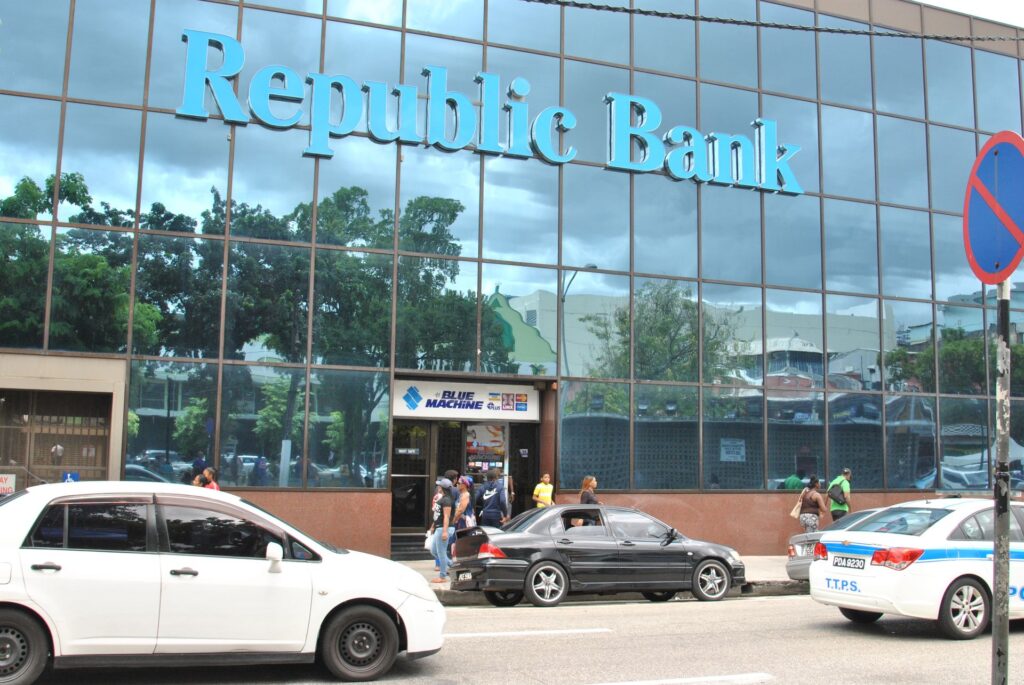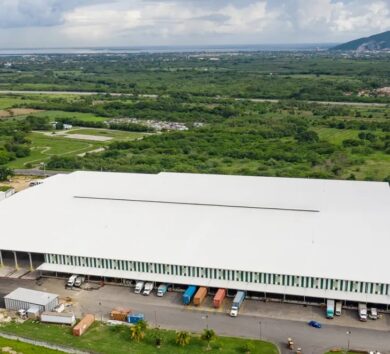

As the current foreign exchange crisis deepens in Trinidad & Tobago, one of its local banks, Republic Bank has been forced to reduce its US dollar spending limit per billing cycle on all its credit cards, effective March 23.
The bank, which made the announcement last week disclosed that as of March 23 customers’ spending limit on credit cards will be cut from US$12,000 to US$10,000. While recognizing the impact this change may have on clients’ day-to-day operations, Republic Bank explained that the move is necessary in order to manage its foreign exchange portfolio.
In a release issued, the bank declared that the change will apply to all transactions conducted outside of Trinidad and Tobago and international online transactions, where the chosen billing currency is local currency. The bank stated that these online transactions will be included in the monthly US$10,000 billing cycle.
However, local currency transactions conducted online or at merchants remain unaffected. The bank has advised clients seeking further information to contact its Credit Card Contact Centre at 627-3348 or visit its website www.republictt.com.
Complaints about availability of foreign exchange
In the meantime, local businesses continue to complain that the availability of foreign exchange to pay for imported goods has approached crisis proportions even though the Central Bank had reported that the twin-island republic’s net foreign reserves were US$6.86 billion at the end of January. A recent survey conducted by the Trinidad & Tobago Chamber of Industry and Commerce and the Trinidad & Tobago Coalition of Services Industries in collaboration with other key stakeholders found that the lack of foreign exchange has been a daunting challenge.
In fact most firms, 204 in number spread across nine business organizations that participated in the survey, reported that they were affected by the shortage of ‘hard currency’. The majority of firms, totaling 170 or approximately 83 per cent were affected by the inability to source foreign exchange to purchase raw material and some finished products from external sources.
The survey noted that this resulted in firms facing drastic negative impact on sales and the inability to maintain supply chains, which resulted in delays in restocking and meeting orders. The survey pointed to an inability to procure essential equipment and/or components, more stringent credit terms and conditions from suppliers, allowing for increase cost and inability to meet commitments to foreign suppliers in a timely manner, impacting credibility and leading to accounts and goods/services being placed on hold.
The survey found that 135 firms or 66 per cent received less than 50 per cent of their foreign exchange requirements from their local bankers in 2020.







Comments